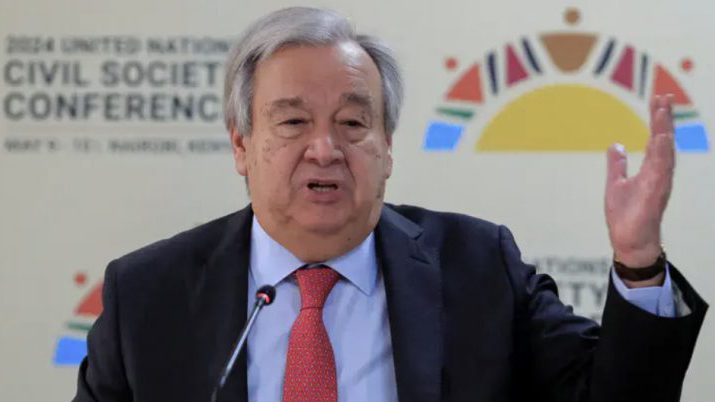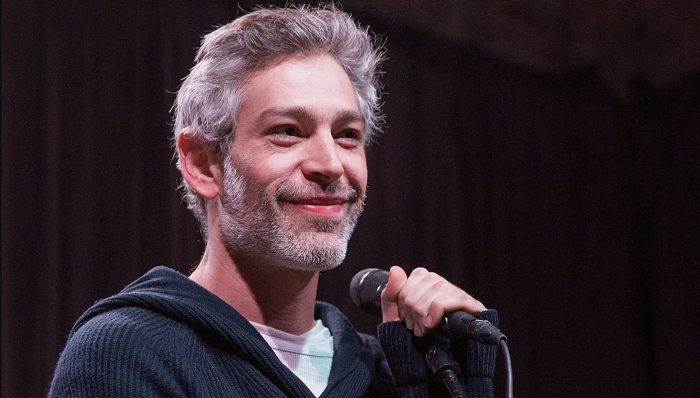A growing number of celebrated Western novelists are refusing Hebrew translations, aligning with radical anti-Israel activism — and in some cases, defending groups now labeled as terrorist organizations.
In an unprecedented wave of cultural boycotts, some of the most acclaimed voices in Western literature are slamming the door on Israel — not merely in politics, but in print.
Once a rare phenomenon, the refusal to have works translated into Hebrew has now become a badge of honor in certain elite literary circles. The first to set the tone was Alice Walker, author of The Color Purple. Today, that list has exploded to include Pulitzer Prize winners Jhumpa Lahiri and Hisham Matar, American Katie Kitamura, Swedish bestseller Fredrik Backman, British author Max Porter, and even 2024 Nobel Prize in Literature laureate Han Kang of South Korea.
Since her Nobel win, Kang has been approached by several Israeli publishers. Her agent’s reply to Yoav Reiss of Persimmon was blunt:
“Kang does not wish her work to be presented in Israel.”
The same position has been adopted by Isabel Allende of Chile.
From Boycott to Advocacy for Extremism
Some have gone further. Irish novelist Sally Rooney, once celebrated for her millennial love stories, has shifted from refusing Hebrew translations to openly praising Palestine Action, a militant group responsible for vandalizing a Jewish-owned business in London’s Stamford Hill. Windows smashed, walls splattered with red paint — all in the name of “resistance.”
Rooney gushed to The Guardian:
“I admire and support Palestine Action wholeheartedly and will continue to do so even if it becomes a terrorist act.”
She may get her wish: Prime Minister Keir Starmer’s government has now designated Palestine Action a terrorist group.
The Literary Keffiyeh Fashion Statement
In certain Western literary salons, it seems you’re nobody without a keffiyeh. Meanwhile, voices willing to defend Israel openly — such as Salman Rushdie, who warns that a Palestinian state could mirror the Taliban, and Michel Houellebecq, who bluntly says, “If Israel stops fighting, it will disappear” — are rare exceptions.
The Maxim Biller Backlash
German-Jewish novelist Maxim Biller dared to challenge the trend in his essay Morbus Israel for Die Zeit. The piece, which accused “good Westerners” of recasting Israelis as “medieval child murderers and modern-day war criminals,” was swiftly removed after a storm of outrage.
Biller called out “apologists for Islam” whose ideal Jew is the one “who politely presents himself before the gas chamber” or is “turned into atomic dust” by the Iranian Revolutionary Guard.
The Dark Dream Behind the Rhetoric
This mindset echoes far beyond the page. In October 2023, Tehran’s Valiasr Square displayed a massive banner of Muslim crowds marching toward the Temple Mount — a visual prophecy of Jerusalem’s “liberation” from Jewish sovereignty, emboldened by Hamas’s October 7 massacre in southern Israel.
And in the polite, progressive parlance of today’s “humanitarian” authors, the dream of a world without Israel begins to sound disturbingly familiar — the 21st‑century echo of the Nazis’ “world free of Jews.”





